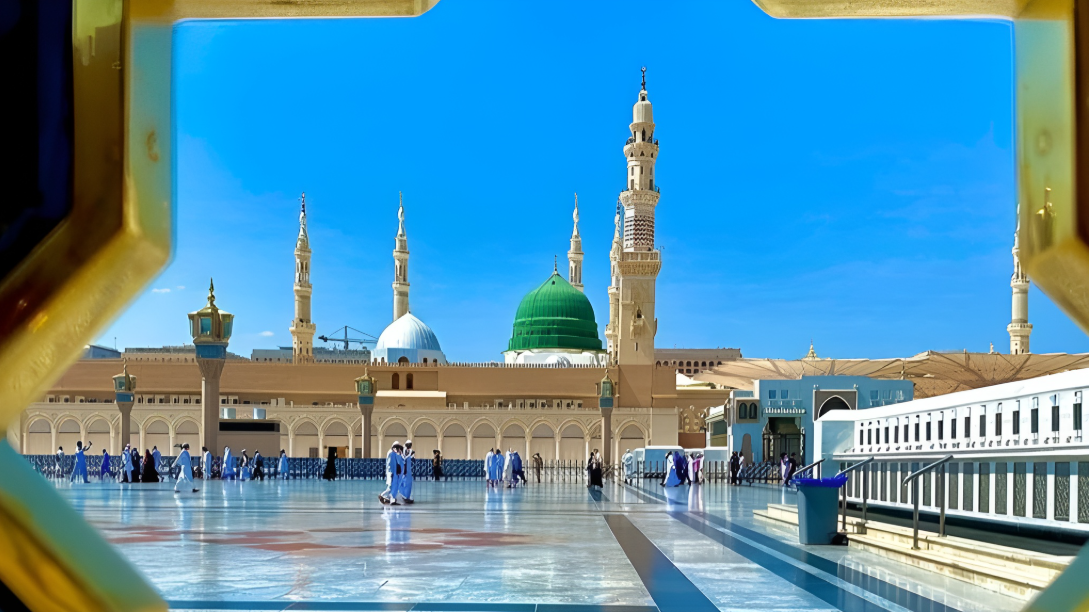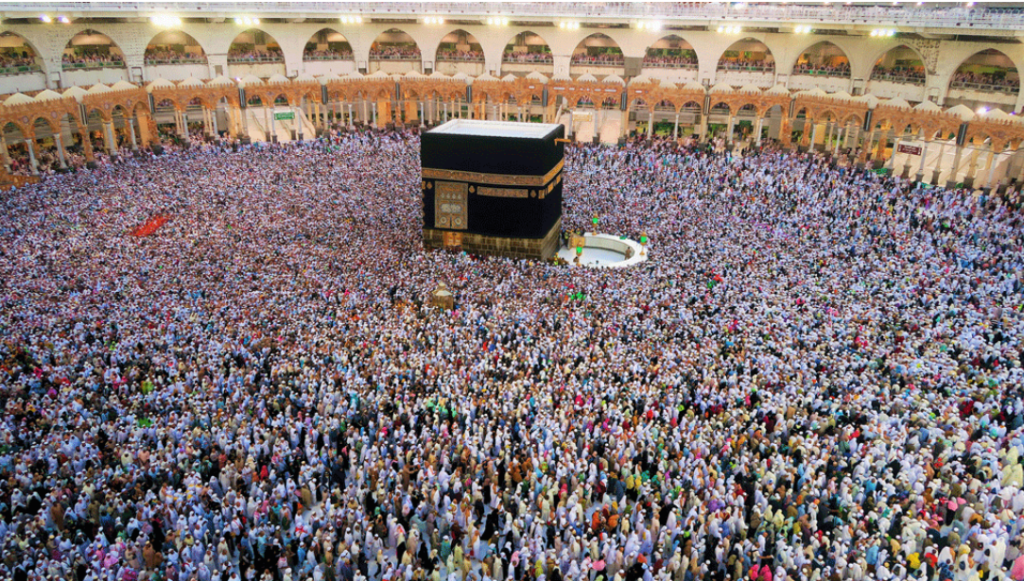Desk Report:
There are some documents found in the pages of history that are not for a specific time, but are an eternal lesson for human civilization throughout the ages. The Medina Charter or the Constitution of Medina is one such document. It was a unique agreement of peace, justice and coexistence in the multi-religious and multi-ethnic society of the Arabian Peninsula.
After the migration, the Prophet (peace be upon him) formulated this charter with all the tribes and communities of Medina. The importance and significance of this charter in the history of Islam is immense. Because it was the first written constitution to govern the state with both Muslims and non-Muslims.
Background of the Medina Charter: When the Prophet (peace be upon him) migrated from Mecca to Medina in 622 AD, three main groups of people lived in Medina—
1. The Muhajirs who migrated from Mecca, the local Ansar of Medina, and the Muslim community who later converted to Islam.
2. The Jewish community of Banu Qaynuqa, Banu Nadir, Banu Qurayza etc.
3. The polytheist community who had not yet embraced Islam and were not followers of any specific religion.
There were mutual conflicts and conflicts between the people of different religions and cultures living in Medina. Especially, there was a long-term war between the Aws and Khazraj tribes. The Jews were also involved in internal conflicts. In such a situation, the Prophet (peace be upon him) not only as a prophet but also as a head of state, concluded a written agreement with everyone to resolve these conflicts and conflicts, for the mutual coexistence of all the people living in Medina, peace and justice. This agreement is known in history as the ‘Medina Charter’.
The Medina Charter and the current state system:
According to historians, the Medina Charter was composed of a total of 47 articles. The rights, duties, mutual coexistence and relations of different communities were clearly mentioned in the charter. Some of the notable articles of this constitution are as follows—
1. The tribes signing the charter will form a state.
2. No tribe will be able to secretly enter into any agreement with anyone outside of Medina. 3. All religions will enjoy complete freedom.
4. If an outside attack on Medina occurs, everyone will resist it together.
5. If there is a war or dispute between them, its decision will be entrusted to Allah Almighty and His Messenger.
6. The individual will suffer the punishment for personal crimes himself. The entire tribe cannot be held responsible for the crime of one person.
7. If someone commits injustice or betrayal, everyone will punish him together. No exemption will be given even to an important person, relative or one’s own child.
8. The helpless and weak will always be helped.
9. People of all religions will behave in a friendly manner towards each other.
In recent times, the constitutions that the countries of the world adhere to, including the protection of human rights, the establishment of the rule of law, religious freedom, security of property and life, and economic cooperation, all of the principles that have been included in the fundamental rights of people were present in the Medina Charter. As a result, it can be said that the Medina Charter is one of the oldest foundations of the modern constitution and the current state system.
The Medina Charter is a unique lesson for all mankind of all ages. The Prophet (peace be upon him) has proven that it is possible to build a peaceful society by bringing together people of different opinions, religions, and tribes. When today’s world is immersed in the darkness of war, sectarianism, and division, the Medina Charter teaches us that unity is the key to establishing peace.




